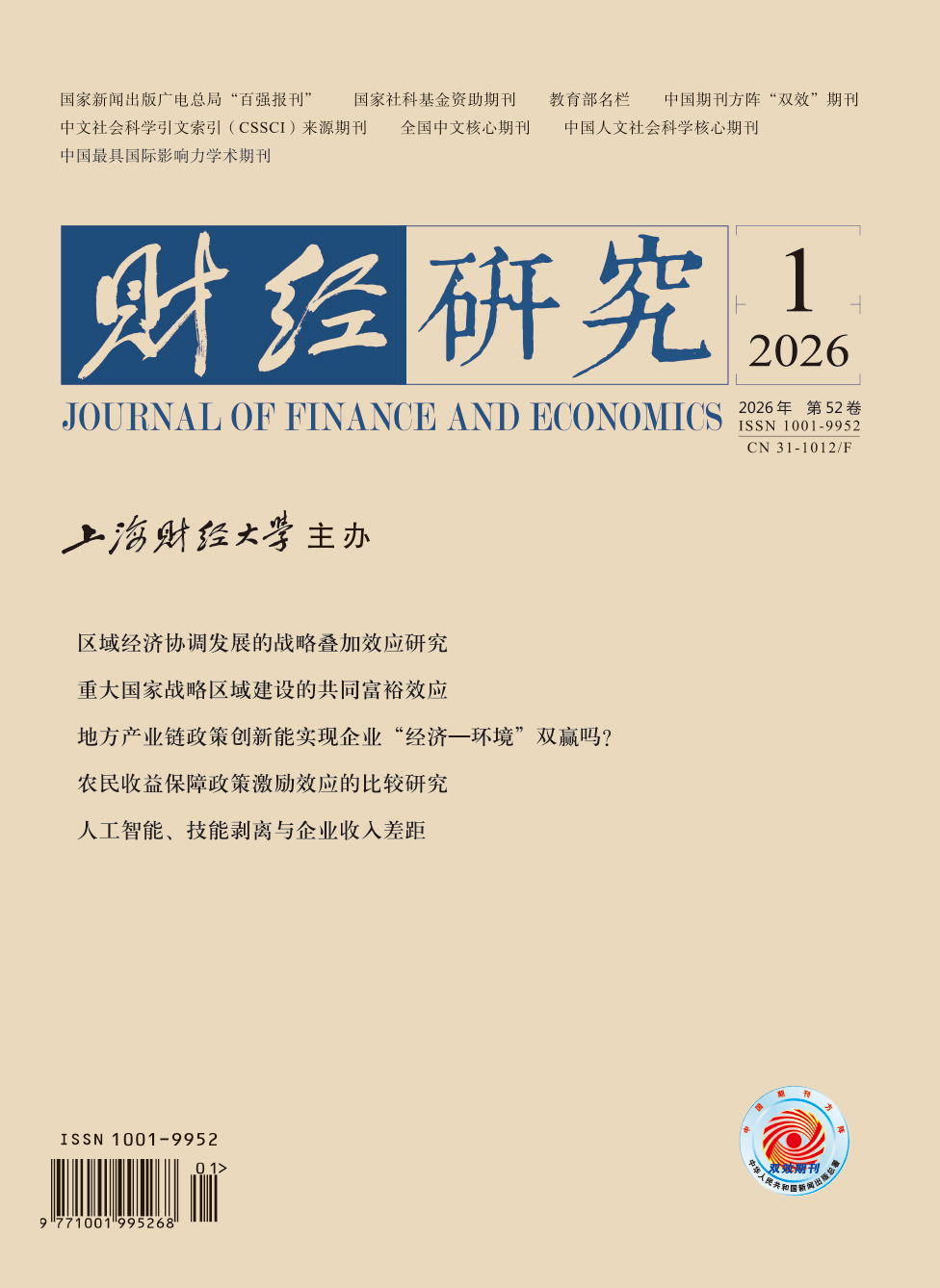Since the beginning of reform and opening up, the central government has always been highly vigilant about“monopolistic behavior”to ensure all enterprises can compete fairly in the market. However, some enterprises still deliberately abuse their dominant market position to gain monopoly revenue. As the monopoly of state-owned enterprises has not yet been completely broken, and the monopolistic platform with exclusive data and capital advantages is getting stronger and spreading, there are various signs that“anti-monopoly”is still urgent and necessary. In 2016, the central government put forward the reform to“breaking administrative monopoly and preventing market monopoly”.
Scholars believe that administrative monopoly hurts the market economy and is one of the reasons that cause overcapacity. In order to break administrative monopoly, the
This paper empirically examines the relationship between the regulation of administrative monopoly and overcapacity reduction from the perspective of capacity utilization efficiency. Our sample includes state-owned listed companies from 2013 to 2019. We find that regulating administrative monopoly can improve the capacity utilization of SOEs, and the effect is more pronounced in enterprises with more financing constraints and lower governance levels. The financial pressure of local governments and the closeness of their relationships with local SOEs will also affect the effectiveness of regulating administrative monopoly to cut overcapacity.
This study contributes to both theory and practice in several ways. First, it examines the impact of administrative monopoly regulation on SOEs’“de-capacity”behavior, which further extends the research perspective on the effect of“anti-monopoly policy”at the resource allocation level. Second, focusing on the two important topics, it supports the measures to regulate administrative monopoly and sheds lights over further research about overcapacity reduction. Third, our findings also have policy implications. For the current platform economies that seize and monopolize the market with low prices or unique data advantages, maintaining the role of the price mechanism and regulating the abuse of information monopoly power may be the general direction for optimizing anti-monopoly policies in the future.






 7118
7118  7213
7213

